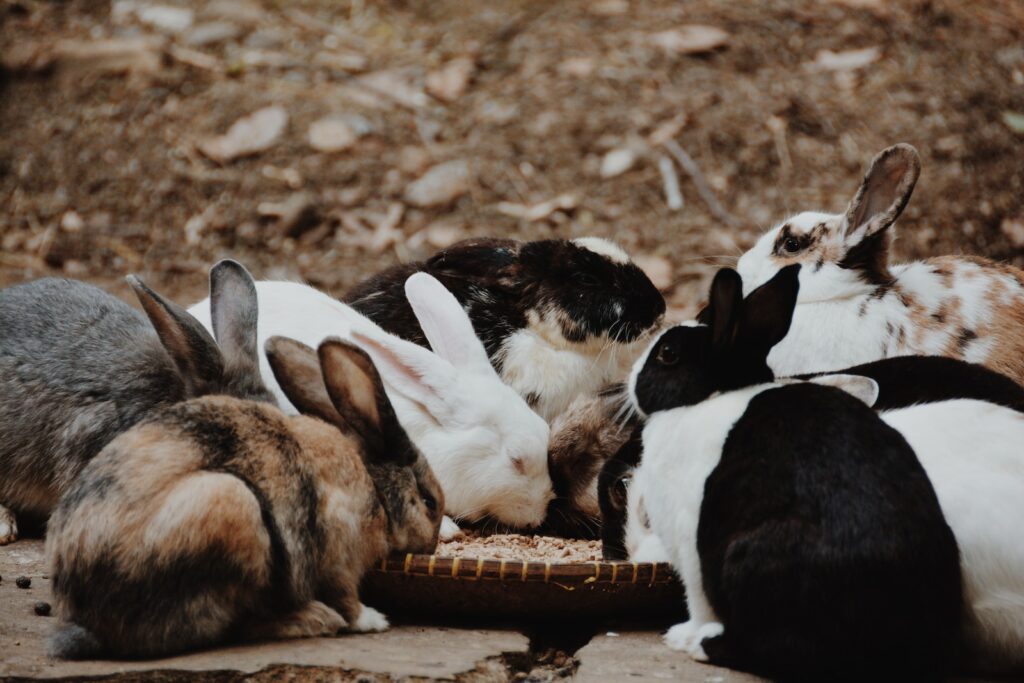Is Kale Safe for Rabbits? — Yes, It Is
Kale is often considered a superfood for humans, packed with essential vitamins and minerals. But what about our furry friends, specifically rabbits? Can rabbits safely consume kale? The answer is a resounding yes! In this article, we will explore the benefits of feeding kale to rabbits, guidelines on frequency, potential cautions to consider, and other pets that can also enjoy this nutritious leafy green.
Benefits of Feeding Kale to Rabbits
Kale offers numerous health benefits for rabbits that make it a great addition to their diet. Firstly, kale is rich in fiber, which aids in maintaining a healthy digestive system for rabbits. It promotes regular bowel movements and prevents issues such as constipation. Secondly, kale is an excellent source of vitamins A, C, and K, as well as calcium and iron. These nutrients contribute to strong immune function, healthy skin and fur, and optimal bone development in rabbits. Lastly, kale’s low-calorie content makes it ideal for rabbits prone to obesity, helping them maintain a healthy weight.
How Often Should Rabbits Have Kale?
While kale is safe and nutritious for rabbits, it should be offered as part of a balanced diet. The general guideline is to introduce kale gradually and in moderate amounts. Start by incorporating small pieces of kale into your rabbit’s diet and observe their response. If they tolerate it well, you can increase the frequency to a few times a week. However, it is important to vary their diet and include other fresh vegetables and hay to ensure a well-rounded nutritional intake.
Points of Caution When Offering Kale to Rabbits
Although kale is generally safe for rabbits, there are some considerations to keep in mind. Firstly, kale belongs to the cruciferous vegetable family, which can sometimes lead to gas or bloating in rabbits. To minimize this risk, ensure that kale is introduced gradually and in small quantities. Additionally, rabbits with a history of bladder issues or calcium imbalances should consume kale in moderation due to its calcium content. Furthermore, always wash kale thoroughly to remove any pesticides or contaminants before feeding it to your rabbits.
Other Pets That Can Safely Consume Kale
Aside from rabbits, some other pets can also enjoy kale safely. Guinea pigs, for example, share similar dietary needs as rabbits and can benefit from the nutritional value kale provides. However, it is important to adjust the portion sizes accordingly and consider any specific dietary requirements of each pet.
Conclusion
In conclusion, kale is a safe and nutritious addition to a rabbit’s diet. It offers several health benefits, promotes a healthy digestive system, and provides essential vitamins and minerals. Remember to introduce kale gradually, monitor your rabbit’s response, and ensure a balanced diet by incorporating other fresh vegetables and hay. With responsible feeding, kale can contribute to the overall well-being of your beloved rabbit.





